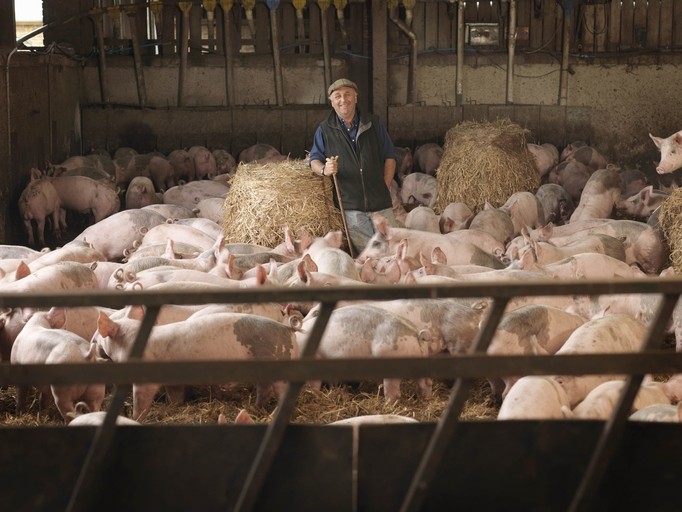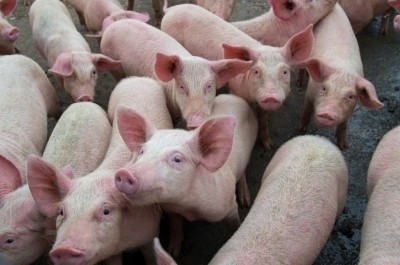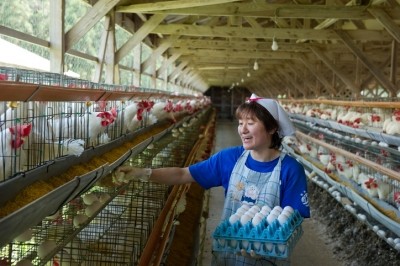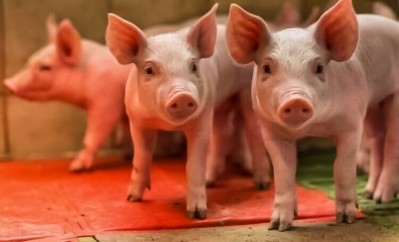ASF outbreaks on the decline in pigs and wild boar in the EU

The disease was notified in eight EU countries in pigs and 11 EU countries in wild boar.
“Over the last decade, African swine fever has had a dramatic impact on the pig farming sector in the EU and continues to disrupt local and regional economies. While our latest report shows encouraging signs that efforts to halt the spread of the virus may be taking effect, the picture across the EU is by no means universally positive and we must remain vigilant. Farmers, hunters, and vets have a particularly important role to play in reporting suspicious cases,” said Bernhard Url, EFSA’s executive director.
Signficant decline reported
In 2022, ASF outbreaks among domestic pigs in the EU dropped by 79% compared to 2021. The decrease was particularly marked in Romania, Poland, and Bulgaria.
Lithuania, on the contrary, registered a slight increase caused by a cluster of outbreaks notified in summer in the south-western part of the country, noted EFSA's publication.
Eight EU countries: Bulgaria, Germany, Italy, Latvia, Lithuania, Poland, Romania, and Slovakia, and four non-EU neighboring countries: Moldova, North Macedonia, Serbia, and Ukraine: reported outbreaks in domestic pigs. Romania was the most affected EU country with 327 outbreaks, representing 87% of the total EU outbreaks. Serbia was the most affected non-EU country of those included in the report, with 107 outbreaks. ASF was notified for the first time in North Macedonia.
Regarding wild boar, 40% fewer cases were reported in the EU during 2022 compared to 2021. “This is the first decrease of ASF cases in wild boar in the area since its introduction in 2014.”
EFSA extends mitigation campaign
To support the continuing efforts to control the spread of the virus, EFSA said it is extending its StopASF campaign, an initiative aimed at raising awareness among farmers, hunters, and veterinarians in the EU and surrounding countries about how to detect, prevent, and report ASF.
Now in its fourth year, the campaign relies on the assistance of local farmers’ groups. It is run in partnership with local authorities in 18 countries: Albania, Bosnia and Herzegovina, Bulgaria, Croatia, Czechia, Estonia, Greece, Hungary, Kosovo, Latvia, Lithuania, Montenegro, North Macedonia, Poland, Romania, Serbia, Slovakia, Slovenia.








